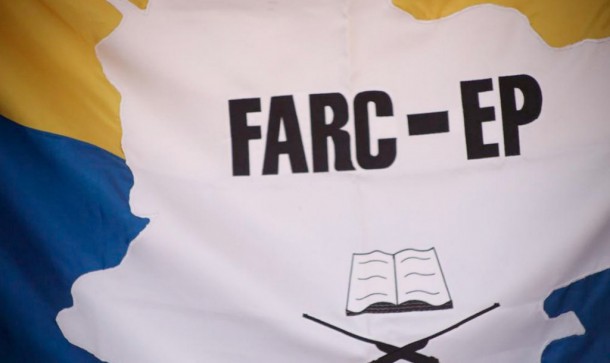Forced displacements and killings for land are on the rise despite 2-year-old victims’ rights law, a report by Amnesty International states
Colombia is flouting its own Land Restitution law by allowing transnational corporations to “plunder the country” while as many as six million Colombians remain displaced, human rights watchdog Amnesty International said in a report released last week.
While the group acknowledged that Colombia’s Victim’s Law passed in 2012 (under which the Land Restitution law falls) was an important step, “government apathy, misplaced priorities and a failure to address the causes of violent displacement” have made the law impotent, a report released on December 4 said.
“Implementation of the law is so poor, they should be ashamed. They are putting the whole thing at risk,” the report stated.
Less than one percent of displaced Colombians have been returned to their land since the Victims Law was enacted nearly two years ago, and many victims are afraid to risk applying for titles in fear of reprisals.
By some accounts, forced displacement may actually be getting worse. “Nearly 220,000 people were forced to leave their homes in 2013 alone … It is estimated that some eight million hectares of land have been acquired illegally, equating to 14 percent of Colombia’s territory,” the report stated.
The Prosecutor General’s office is investigating 35 murders in 2014 alone linked to land claims, but Amnesty International believes the number to be much higher, the report continued.
According to Esteban Beltran, director of Amnesty International in Spain, the fault lies in the failure to carry out the Land Restitution law from beginning to end, and the absence of a sole governing body responsible for the process.
By Mark Kennedy




